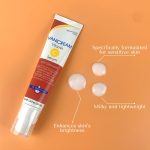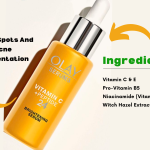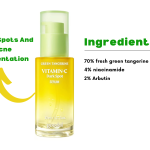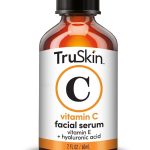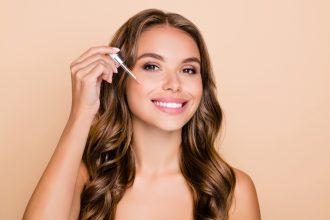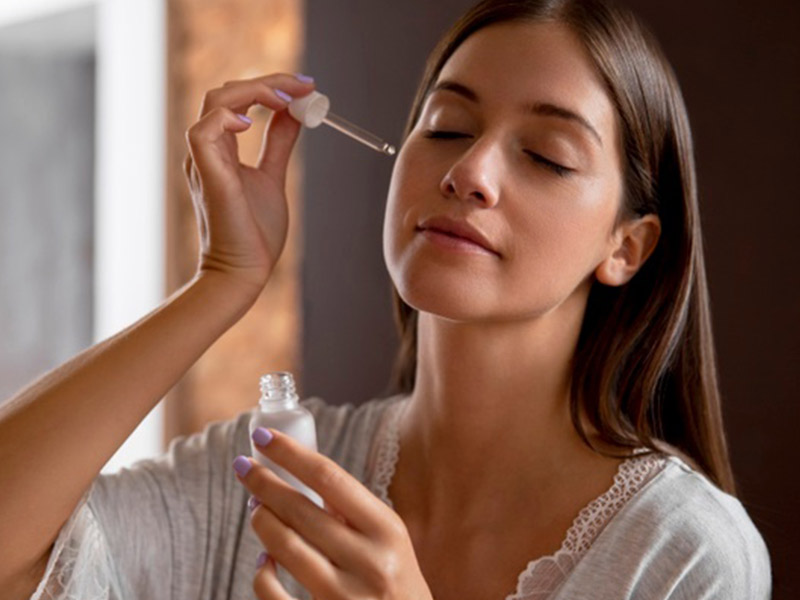Our diets influence our skin. Even oily skin may be improved by making dietary changes. Sebaceous glands that are enlarged and produce an excessive amount of oil are the root cause of oily skin. This makes the face oily and makes it more likely to get acne.
In this article, we will talk about the best diet for oily skin, covering what foods to consume and what foods to avoid, as well as how your diet impacts your complexion. By making a few straightforward alterations to the way that you consume your food, you may improve the health and cleanliness of your skin while also assisting in the reduction of the quantity of oil that it generates.
Best Diet for Oily Skin: Foods to Avoid

Eat a varied diet of foods that are high in nutrients to keep your face healthy. Oily skin sufferers benefit from some items. Here are some of the best diets for oily skin:
1- High-antioxidant foods:
Nutrients reduce inflammatory and oxidative stress, which causes acne. Antioxidant-rich foods include dark chocolate, fruit, and greens.
2- Foods with a lot of omega-3 fatty acids:
Omega-3s minimize inflammation and oil production. Salmon, chia seeds, and peanuts contain omega-3s.
3- Foods that are high in vitamins A and C.
Vitamins A and C reduce oil production and keep skin healthy. Vitamin A-rich foods include sweet potatoes, carrots, and greens. Citrus, bell peppers, and broccoli are vitamin C-rich.
4- Whole grains:
Complex carbs in whole grains lower blood sugar and inflammation. Brown rice, quinoa, and oats are whole grains.
5- Lean proteins
Lean proteins provide collagen-making amino acids to your skin. Chicken, turkey, tofu, and legumes provide lean nutrients.
Foods to Avoid for Oily Skin

Some foods benefit oily skin, while others should be avoided or taken sparingly. Here are some of the foods to avoid best diets for oily skin:
1- Processed and fried foods
Processed and fried foods are often high in bad fats and can cause inflammation in the body, which can make oily skin worse. Fast food, potato chips, and baked goods are all examples of prepared and fried foods.
2- Sugary foods and drinks
Sugary foods and drinks may raise blood sugar, causing inflammation and oil production. Candy, soda, and baked goods are sugary.
3- Dairy products
Milk and other dairy products raise insulin levels and cause inflammation, both of which can make oily skin worse. Consumption of cheese has also been connected to the development of acne. Milk, cheese, and yogurt are all examples of dairy products.
4- High glycemic index foods
White bread and grains raise blood sugar and induce inflammation, which may worsen oily skin.
Importance of Hydration

Staying hydrated is just as important as eating the best diet for oily skin when it comes to good skin. When we don’t drink enough water, our skin can become dry and flaky. To make up for this, our bodies may make more oil. This can make oily skin worse and make acne more likely to happen.
The risk of acne is decreased since water both inhibits oil production and washes the body of contaminants. Each day, you should drink at least eight glasses of water. But things like health, movement, and the weather can change how much water you need. Fruits and vegetables both include water, which the body needs to function properly. Getting the recommended amount of water in your diet will help reduce oil production and improve oily skin.
In general, drinking enough water is a key part of the best diet for oily skin. People may help reduce the amount of oil their skin produces and obtain smoother, cleaner skin by drinking enough amounts of water and eating meals that are high in water content.
Conclusion
In the end, the best diet for good skin is especially good for people with oily skin. Whole grains, lean meats, antioxidants, omega-3 fatty acids, vitamins A and C, and vitamins A and C may help decrease oil production and acne. Avoid processed and fried meals, sugary foods and beverages, dairy, and high-glycemic-index foods, which may irritate and worsen oily skin.
Keeping yourself refreshed is also important for good skin. Consuming meals that are high in water content and drinking enough water each day might help regulate oil production, leading to healthier, more supple skin. People who have oily skin may be able to improve their health, have cleaner skin, and have a more positive self-image by making a few basic alterations to the way that they eat and by increasing the quantity of water that they take. People may achieve the skin that they desire and maintain the overall health of their skin by following the diet that is recommended for oily skin.



